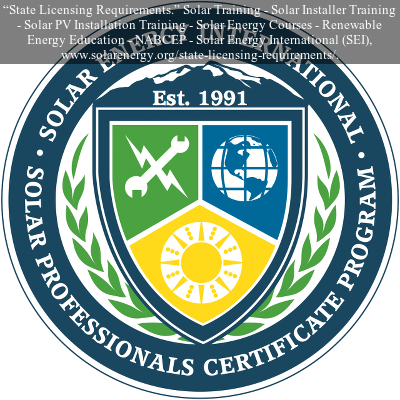Challenges With Energy
Low energy yield
While green energy has a high efficiency vs energy input, the energy yield it produces is quite low. The energy sources which are used to power bio-homes, such as solar panels, can be quite expensive. Renewable energy sources tend to be vulnerable depending on the location of the energy source, and so a proper, well-maintained place is required for these energy sources.
Slow Energy
Renewable energy production is slow. This means that the customer has an energy threshold on their monthly consumption. Homeowners must take in account the energy yield of their home by assessing the amount of energy their home outputs. Homeowners may not be able to go completely solar if the energy consumption of their home is too inefficient. Energy audits include use tools to analyze the efficiency of energy in homes.
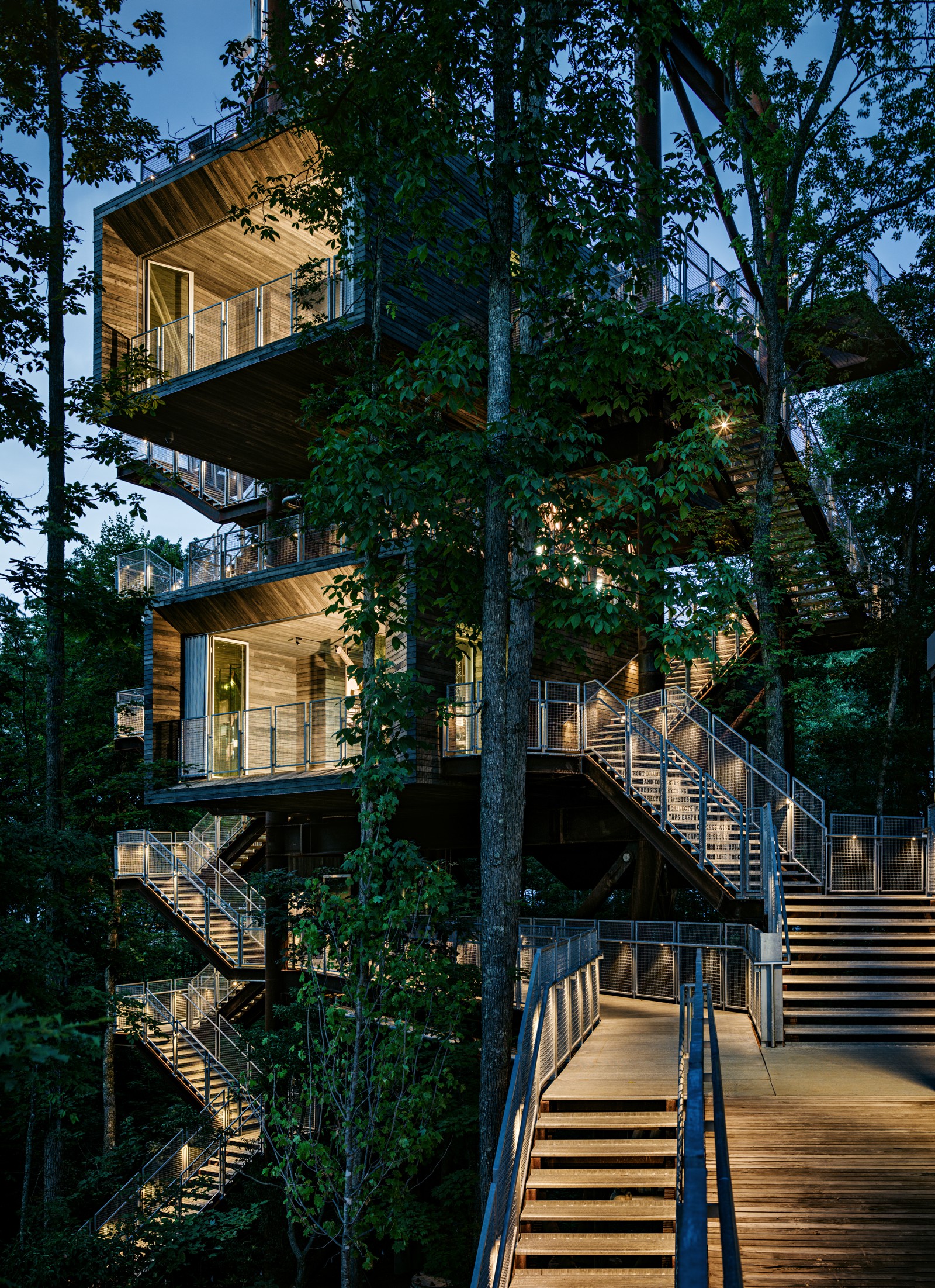
Challenges with Cost and Materials
Problems With Cost
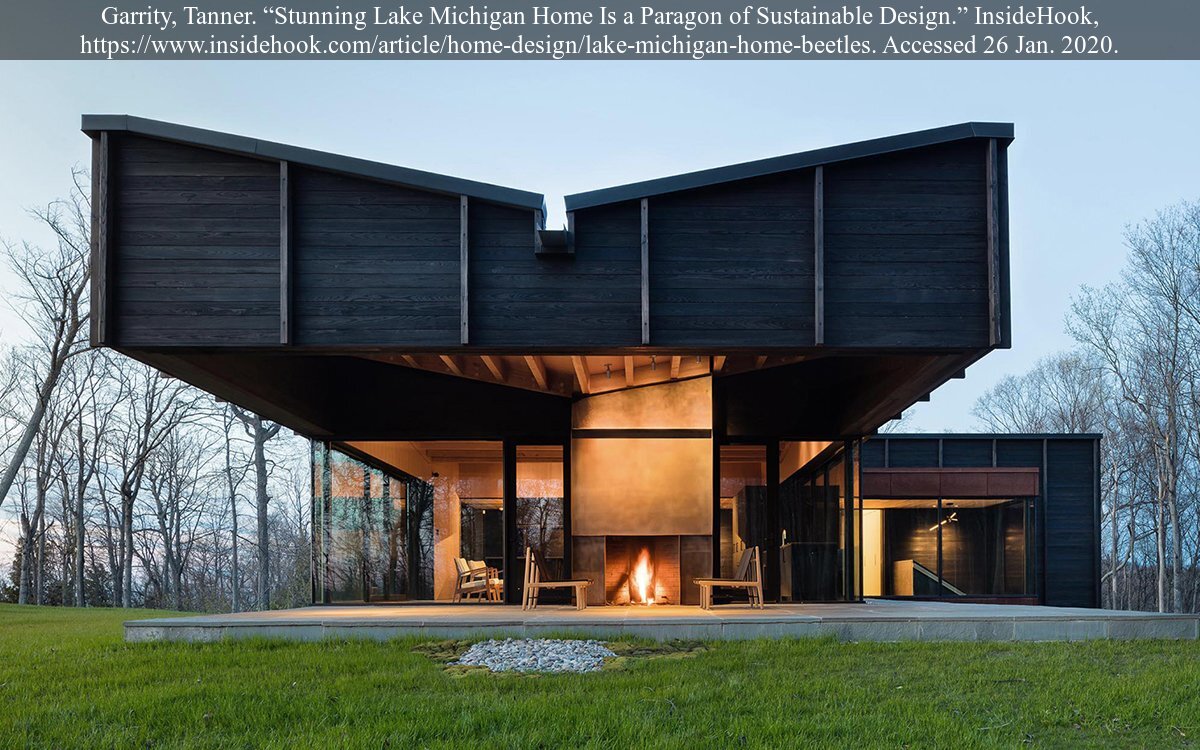
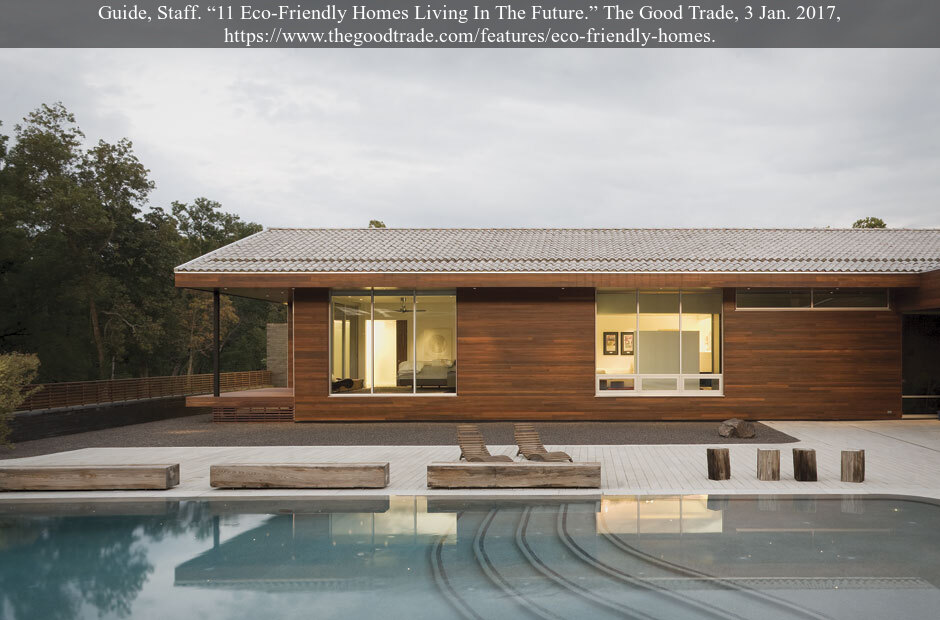
Problems With Materials
Challenges with the EPA
What is the EPA?
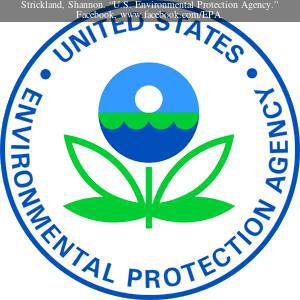
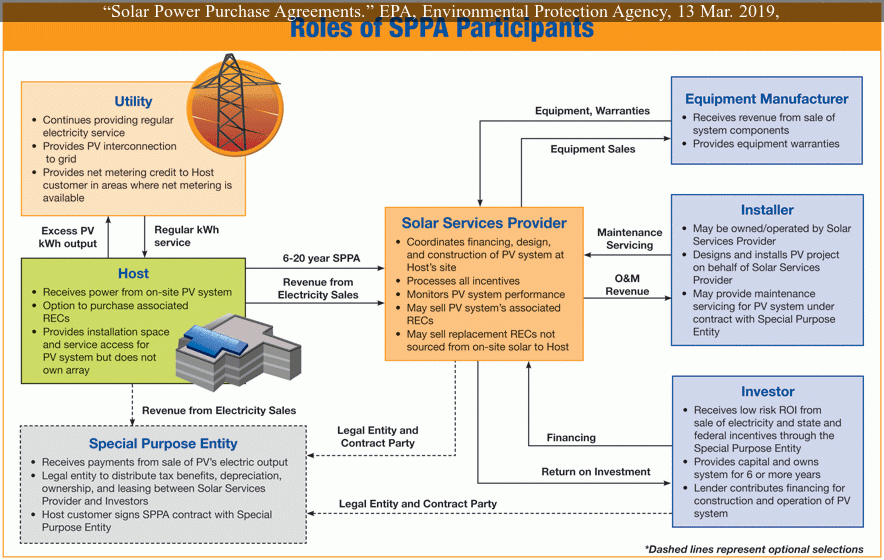
The Solar Power Purchase Agreement
If you are currently interested in buying solar for your current home you might need to look at what a Solar Power Purchase Agreement is. A Solar Power Purchase Agreement (SPPA) is an agreement in which a third party operates the system and the customer hosts the system's electric output. You simply supply the property in which the solar panels are located.
The Problems and Downsides With the SSPA Agreement
- Financial benefits are gained by the third party (tax credits and income).
- More complex negotiations and potentially higher transaction costs than buying PV system outright.
- Administrative cost of paying two separate electricity bills if system does not meet 100 percent of the site's electric load.
- Potential increase in property taxes if property value is reassessed.
- Site lease may limit ability to make changes to property that would affect PV system performance or access to the system.
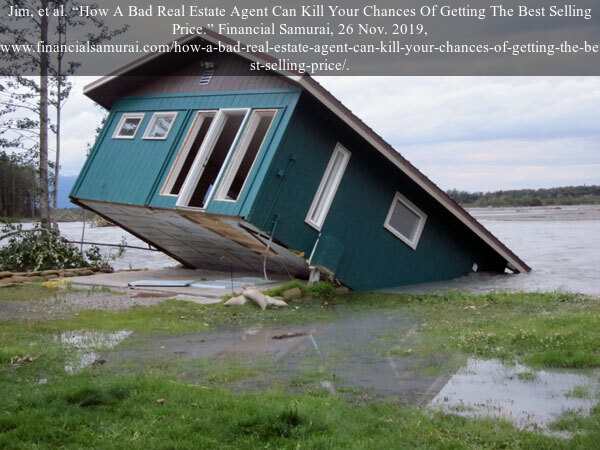
Challenges with Zoning
What are Zoning Laws for?
- Protecting value of properties by separating incompatible land uses.
- Protecting future developments of the city or town.
- Regulating public infrastructure.
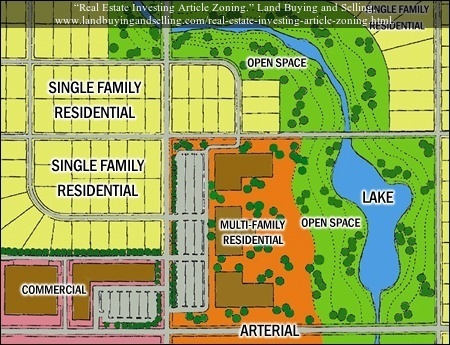
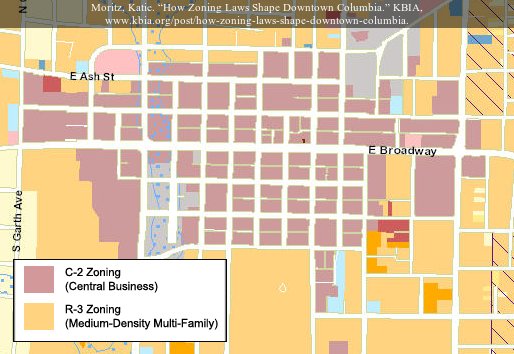
Implementation of Zoning Laws
Zoning laws are region specific. Make sure to research the county's or city's zoning laws to ensure you do not violate any laws.
Challenges with The HOA
What is a Home Owner's Association (HOA)?
- Set and approve various laws and conditions regarding the neighborhood.
- Review and manage residential complaints.
- Enforce rules set by the HOA.
- Create committees and manage them.
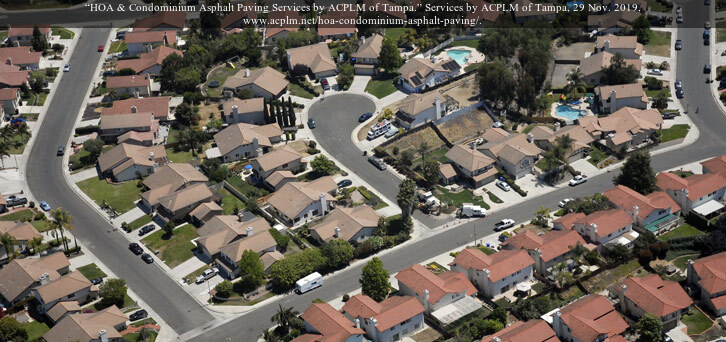
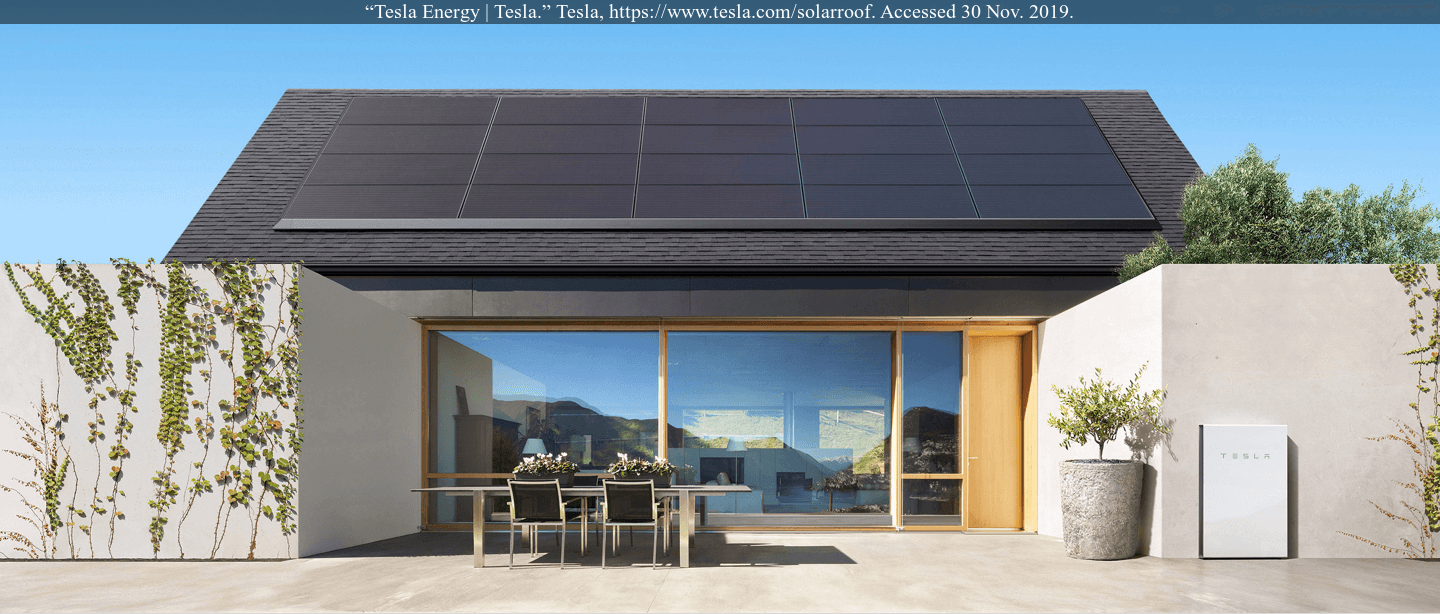
Planning For Homeowners Association
When planning your bio-home or planning the installation of renewable energy sources, make sure to consult with the HOA about specific rules regarding this matter. In most residential areas, the HOA will approve of the installation of renewable energy or construction of a bio-home as long as the state also approves as well.
Renewable Energy Licensing/Certification
For renewable energy, most states do not require licensing or certification, but licensing or certification is needed to be eligible for financial benefits. The website solarenergy.org shows requirements for industry professionals. Make sure you understand these licenses and certifications and ensure your professional is using these standards. If your area has an HOA, the HOA will investigate the professional that is installing your system and will notify you if they are following the HOA rules and regulations.
